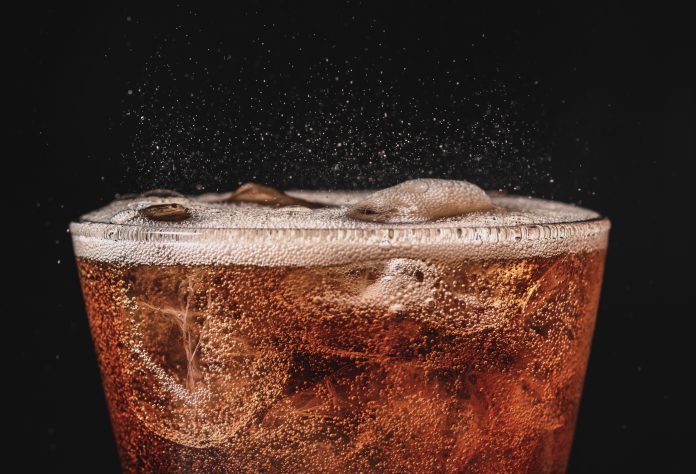Recent findings from a global research initiative led by the University of Galway and McMaster University have revealed the impact of beverage choices and stroke risk
The study, part of the INTERSTROKE project involving nearly 27,000 participants across 27 countries, shows the association between certain drinks and the likelihood of experiencing a stroke.
Fizzy drinks and fruit juices
Consumption of fizzy drinks and fruit juices can heighten the risk of stroke. According to a study published in the Journal of Stroke, individuals who consume two or more fizzy drinks daily face a 22% increased risk of stroke.
Fruit juice drinks, often perceived as healthy alternatives, were also found to be a substantial risk. Those who regularly consume two servings of fruit juice daily triple their risk of stroke due to bleeding in the brain. Women, in particular, showed a heightened vulnerability to this type of stroke linked to fruit juice intake.
Lead researcher Professor Andrew Smyth emphasises the quality of fruit drinks, stating that products made from concentrates with added sugars and preservatives may negate health benefits typically associated with fresh fruit.
Coffee and tea
The study also explored the effects of coffee and tea consumption on stroke risk. Drinking more than four cups of coffee per day was found to increase the risk of stroke by 37%. However, lower intakes did not show a significant association with stroke risk. On the other hand, regular consumption of black tea (3-4 cups daily) was linked with a 29% lower risk of stroke, specifically ischemic strokes, while green tea showed a 27% risk reduction.
The addition of milk to tea was observed to diminish its stroke-preventive properties, possibly due to interference with antioxidants.
Recommendations for better health
Based of these findings experts recommend moderation and mindful choices in beverage consumption to reduce stroke risk. “Not all fruit drinks are created equal — freshly squeezed fruit juices are most likely to bring benefits,” advises Professor Smyth, urging consumers to opt for freshly squeezed juices over processed alternatives. He also encourages limiting fizzy drink intake and considering water as a healthier alternative.
The study’s insights into coffee and tea consumption suggest that while moderate tea drinking could potentially lower stroke risk, excessive coffee intake may pose health risks.
The research also showed geographical differences in beverage effects, with tea showing varying impacts on stroke risk across different regions. For instance, tea consumption was associated with reduced stroke risk in China and South America but showed contrasting results in South Asia.
For individuals concerned about stroke risk, making informed decisions about beverage consumption could be a significant step towards better health.











